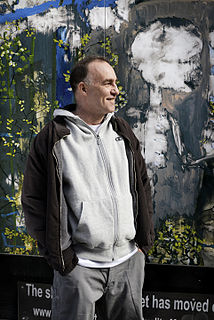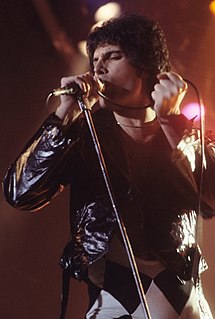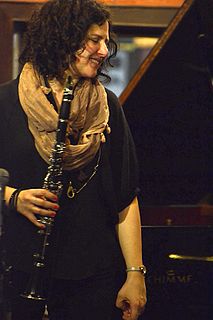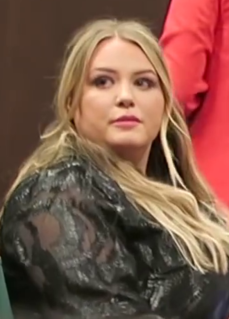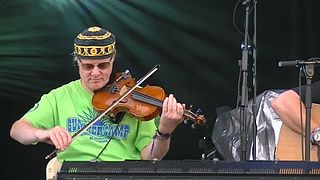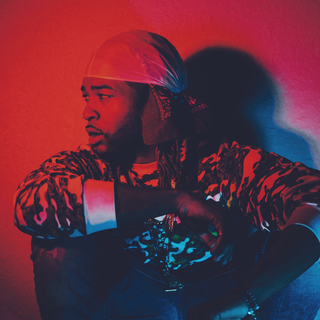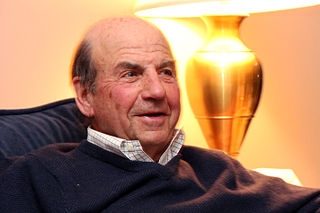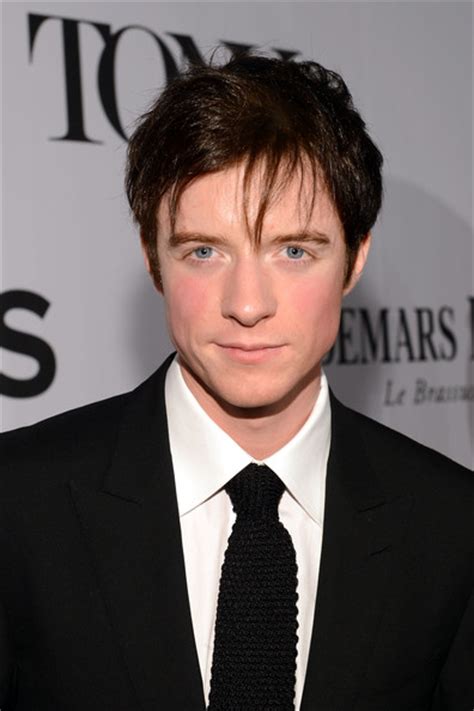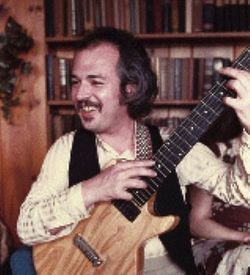A Quote by John Lurie
I remember seeing McCoy Tyner in concert, and thinking that the music was incredible, but wanting to be invited in. I figured that humor was the way of letting the audience in. I've gotten a hard time about it, but I love to be funny onstage.
Related Quotes
I think I'm really part of a whole generational movement in a way. I think a lot of other people since and during this time have gotten interested in writing what we can still call experimental music. It's not commercial music. And it's really a concert music, but a concert music for our time. And wanting to find the audience, because we've discovered the audience is really there. Those became really clear with Einstein on the Beach.
So what's happening with the audio/visuality, for the first time we are doing the music - the people who would come to the concert love the music - they loved him and loved his music - for the first time in concert it's not only the music. Now it's time to know the man. We know the music, but what was the man like?
My philosophy is that if you're playing a moment truthfully, that it's a funny moment, then hopefully it will be funny. I like to just go for a truth in the work as much as I can. There's a lack of ego when you're working with comedy that I really love. It's hard to come up with something funny. It's become a fun game in a way. Everyone is going for the gold, for that humor.
We have an incredible audience. I'm as proud of how Fairport relates to its audience as I am of any music we have produced. I think we're a real people's band. Massive popular success has never bothered Fairport. We've never been put in the position of being celebrities. A Fairport concert is like a meeting of friends. There's no big, security wall around us. It's kind of how music should be.
Somebody who opposes Trump is wound so tight, they're not funny people anyway, that they don't get his humor. They really believe when he tells these jokes that that's dead serious stuff. There's not enough laughter on the left. Even their comedians are angry. Their comedians, the humor they shoot for is all personal put-down kind of humor where it used to not be that way. But Trump's humor, even the stuff that's not subtle, they miss, they take it literally and are frightened to death by it. It's incredible.
